A clip from Consciousness Live! featuring Philip Goff and Richard Brown discussing structural realism, string theory, and Russellian Monism.
Category: quantum physics – Page 247
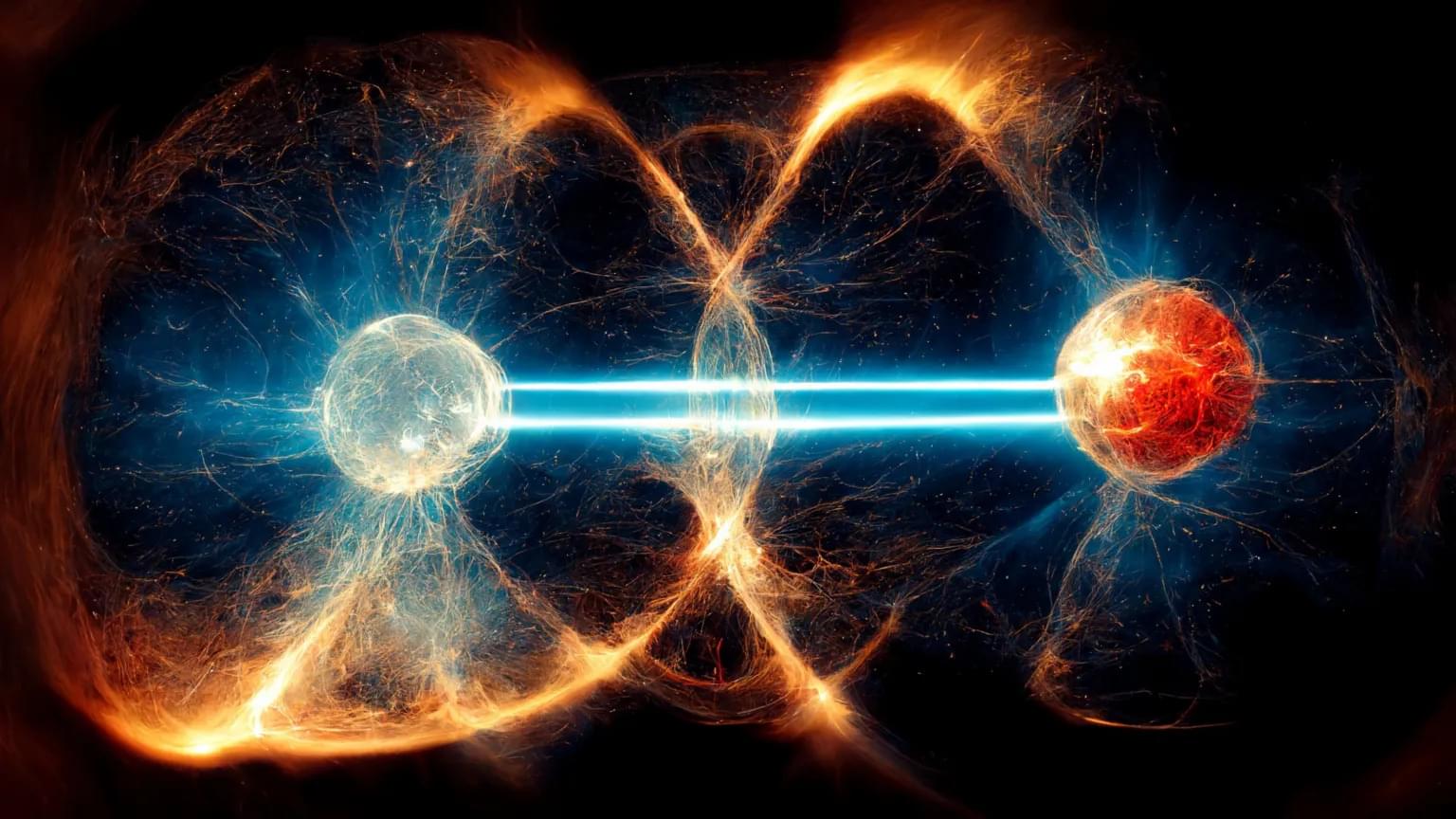

Atoms that measure magnetic fields could lead to new quantum sensors
A team of physicists and engineers at the University of Colorado Boulder has discovered a new way to measure the orientation of magnetic fields using what may be the tiniest compasses around—atoms.
The group’s findings could one day lead to a host of new quantum sensors, from devices that map out the activity of the human brain to others that could help airplanes navigate the globe. The new study, published in the journal Optica, stems from a collaboration between physicist Cindy Regal and quantum engineer Svenja Knappe.
It reveals the versatility of atoms trapped as vapors, said Regal, professor of physics and fellow at JILA, a joint research institute between CU Boulder and the National Institute of Standards and Technology (NIST).
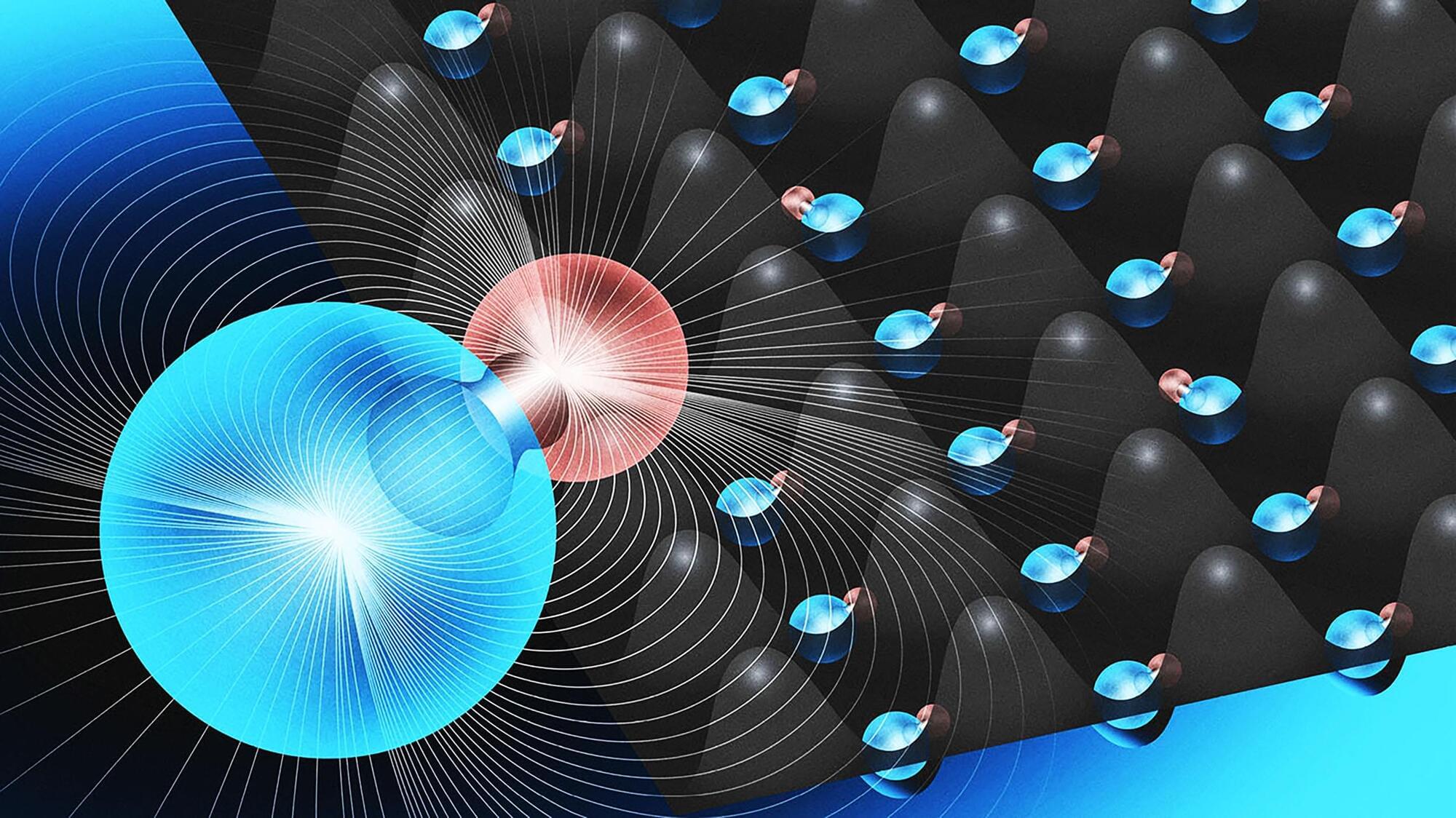
Physicists discover what’s at the core of a black hole
What exists at the core of a black hole? A research team led by Enrico Rinaldi, a physicist at the University of Michigan, has leveraged quantum computing and machine learning to analyze the quantum state of a matrix model, providing new insights into the nature of black holes.
The study builds on the holographic principle, which suggests that the fundamental theories of particle physics and gravity are mathematically equivalent, despite being formulated in different dimensions.
Two prevailing theories describe black holes from different dimensional perspectives. In one framework, gravity operates within the three-dimensional geometry of the black hole. In contrast, particle physics is confined to the two-dimensional surface, resembling a flat disk. This duality highlights a key distinction between the two models while reinforcing their interconnected nature.
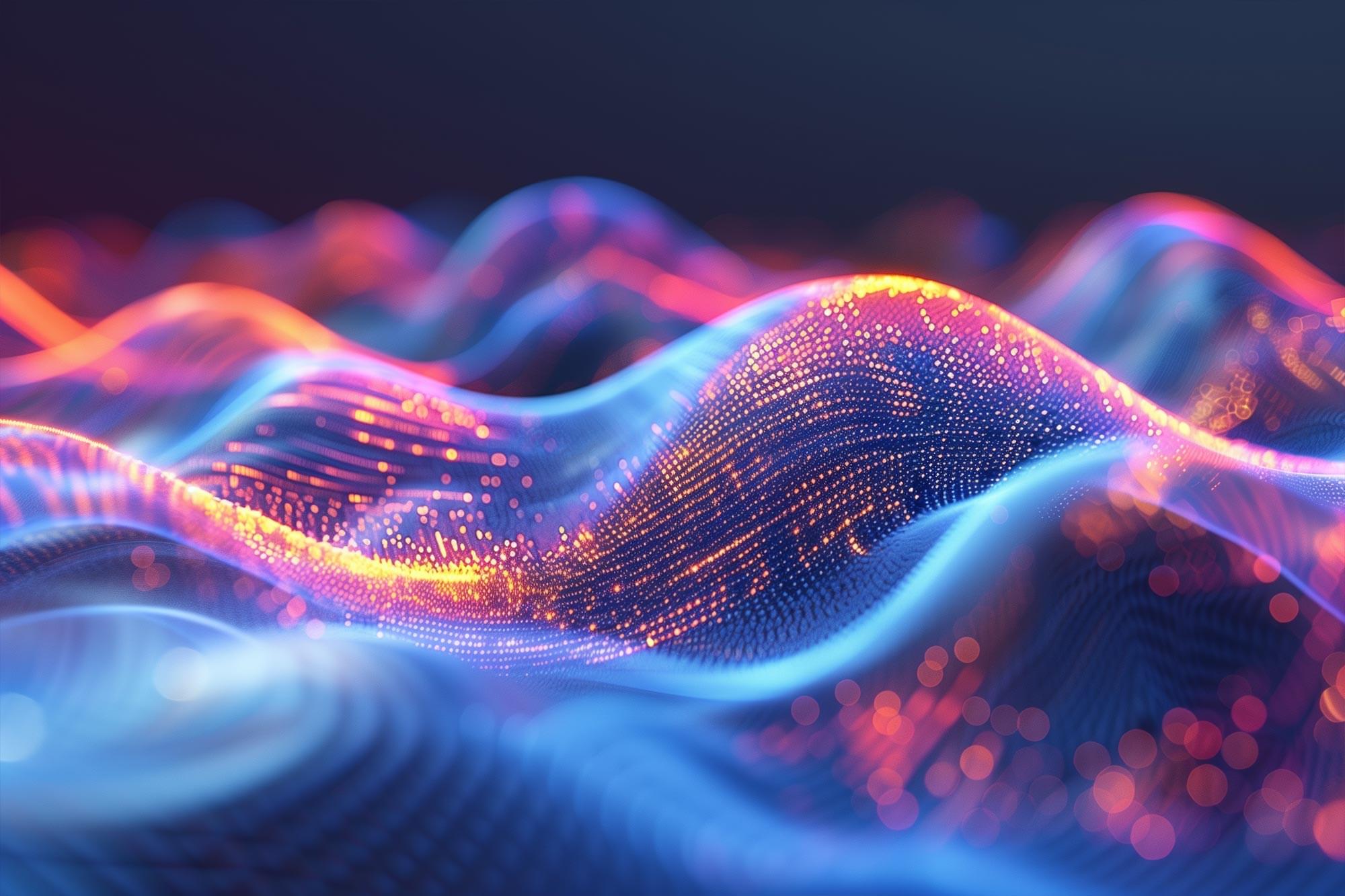
Historic Leap: MIT Physicists Measure Quantum Geometry for First Time
MIT physicists, in collaboration with colleagues, have measured the geometry—or shape—of electrons in solids at the quantum level for the first time. GOOD. Ask the MIT physicists: 1. What is the physical reality of quantum physics? 2. How is your quantum level defined? 3. What is the spacetime background of your quantum level?
What one researcher see or touch about an elephant will be different, and what different researchers see or touch will be even more different. It is a scientific phenomenon, not the essence of nature. Scientific research guided by correct theories can enable researchers to think more.
According to the Topological Vortex Theory (TVT), spins create everything, spins shape the world. There are substantial distinctions between Topological Vortex Theory (TVT) and traditional physical theories. Grounded in the inviscid and absolutely incompressible spaces, TVT introduces the concept of topological phase transitions and employs topological principles to elucidate the formation and evolution of matter in the universe, as well as the impact of interactions between topological vortices and anti-vortices on spacetime dynamics and thermodynamics.
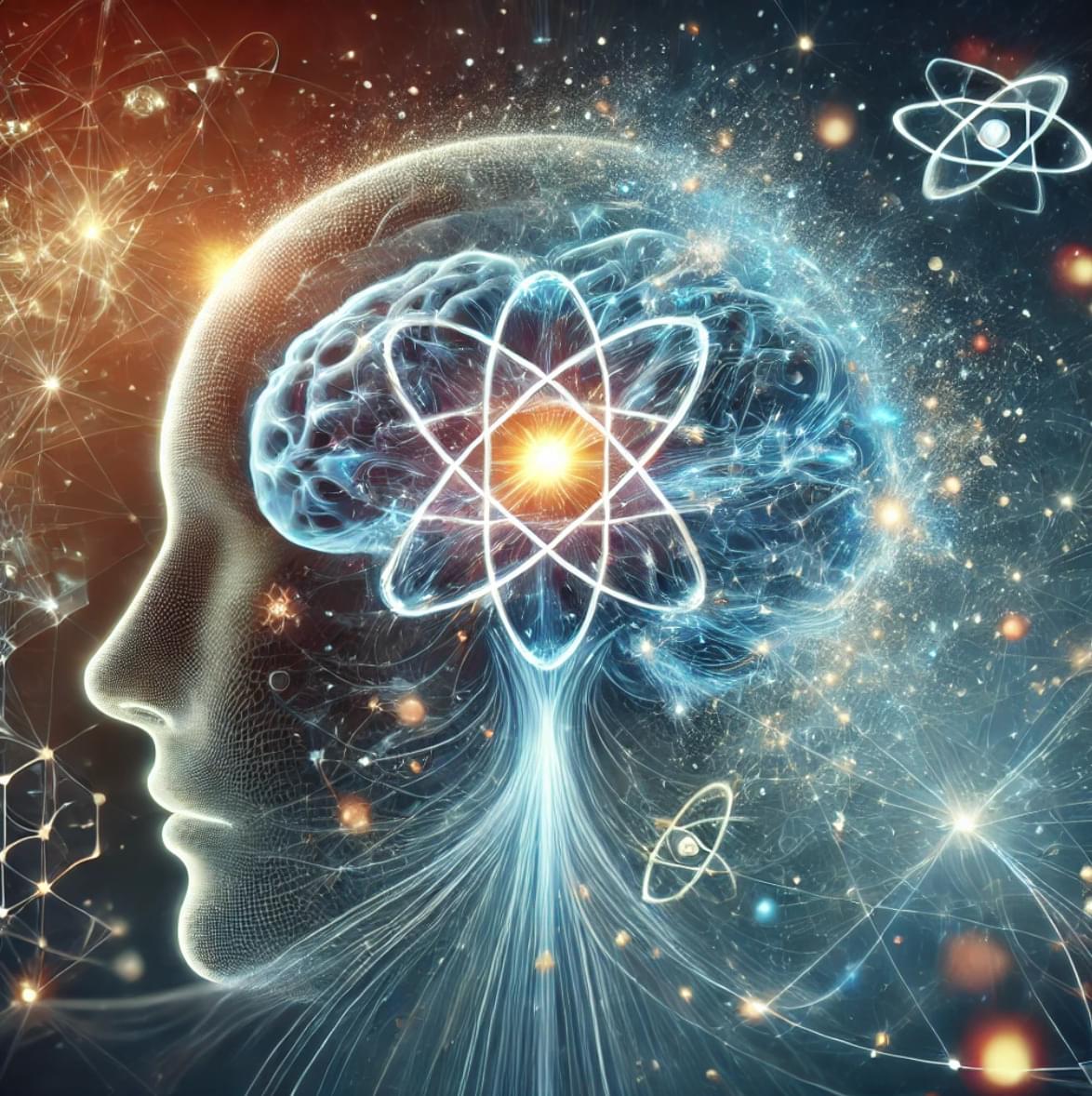
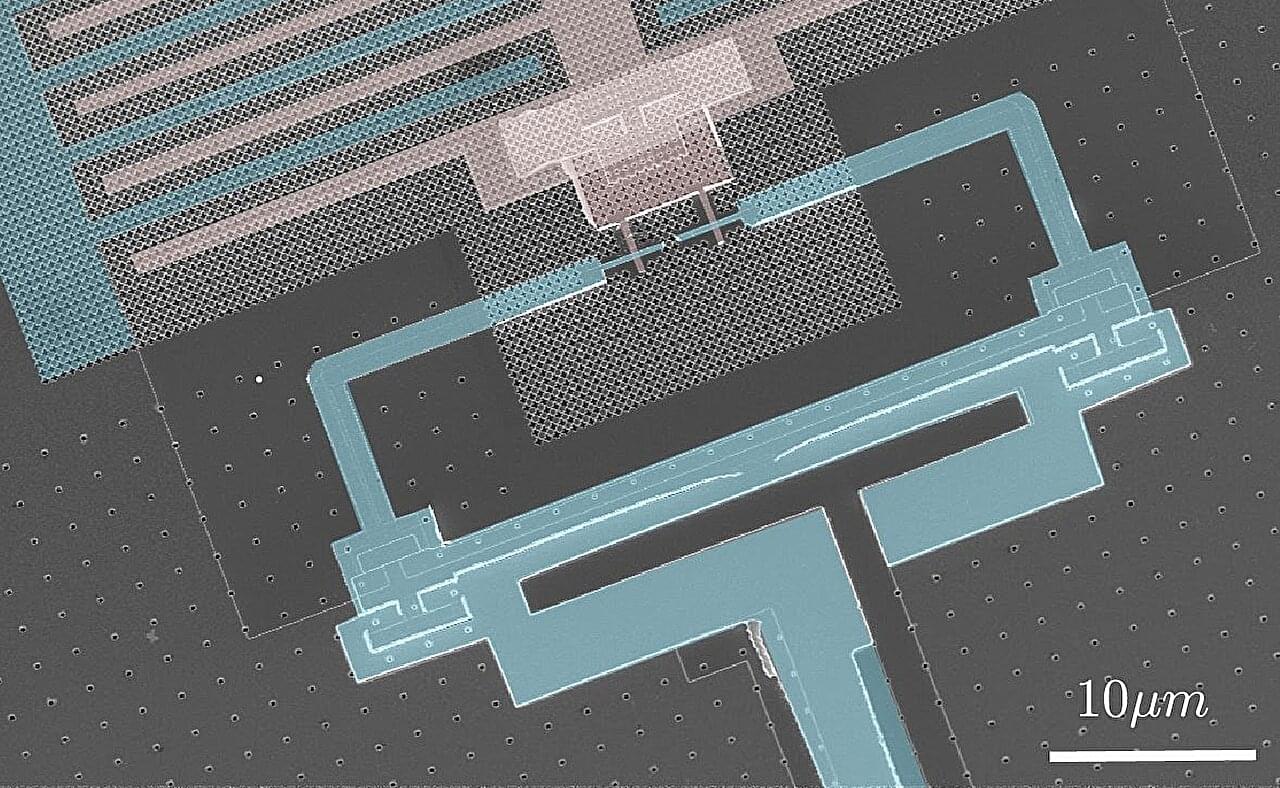
Using phononic bandgap materials to suppress decoherence in quantum computers
Quantum computers have the potential of outperforming classical computers on some optimization and computational tasks. Compared to classical systems, however, quantum systems are more prone to errors, as they are more sensitive to noise and prone to so-called decoherence.
Decoherence is a process via which a quantum system loses its quantum properties due to interactions with its surrounding environment, causing a loss of quantum information and errors. This loss of coherence can be caused by a range of external disturbances, including material defects, temperature fluctuations and electromagnetic fields.
In recent years, physicists and engineers worldwide have been trying to devise effective methods to reduce decoherence and thus improve the reliability of quantum computers. The sources of decoherence in solid-state systems include so-called two-level systems (TLSs), which are a class of material defects that arise from the random switching between two energy states, which can disrupt the stability of qubits.
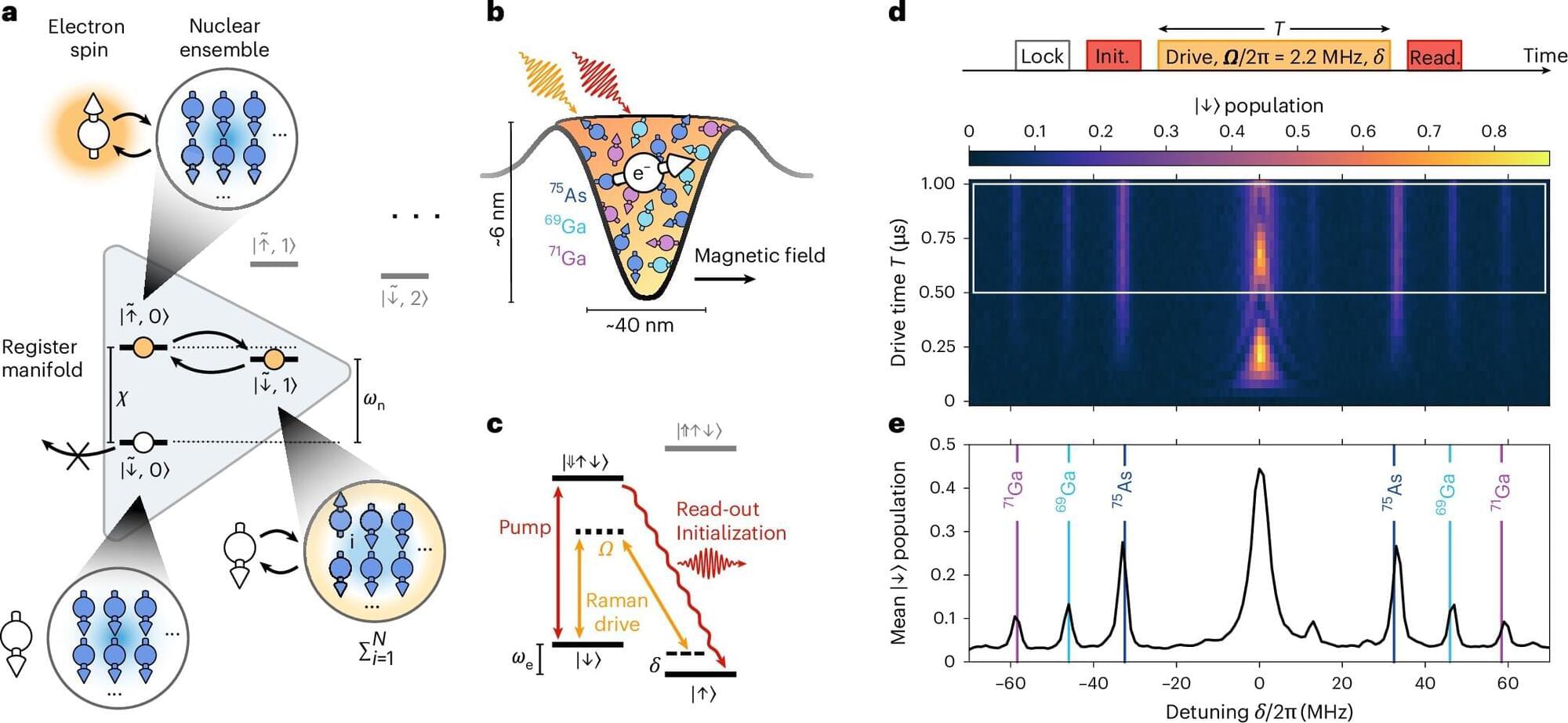
Scientists create new register with thousands of entangled nuclei to scale quantum networks
In an advance for quantum technologies, researchers at the Cavendish Laboratory, University of Cambridge, have created a functional quantum register using the atoms inside a semiconductor quantum dot.
Published in Nature Physics, the work demonstrates the introduction of a new type of optically connected qubits—a critical advance in the development of quantum networks, where stable, scalable, and versatile quantum nodes are essential.
Quantum dots are nanoscale objects with unique optical and electronic properties that come from quantum mechanical effects. These systems are already used in technologies like display screens and medical imaging, and their adoption in quantum communication has been mostly due to their ability to operate as bright single-photon sources.
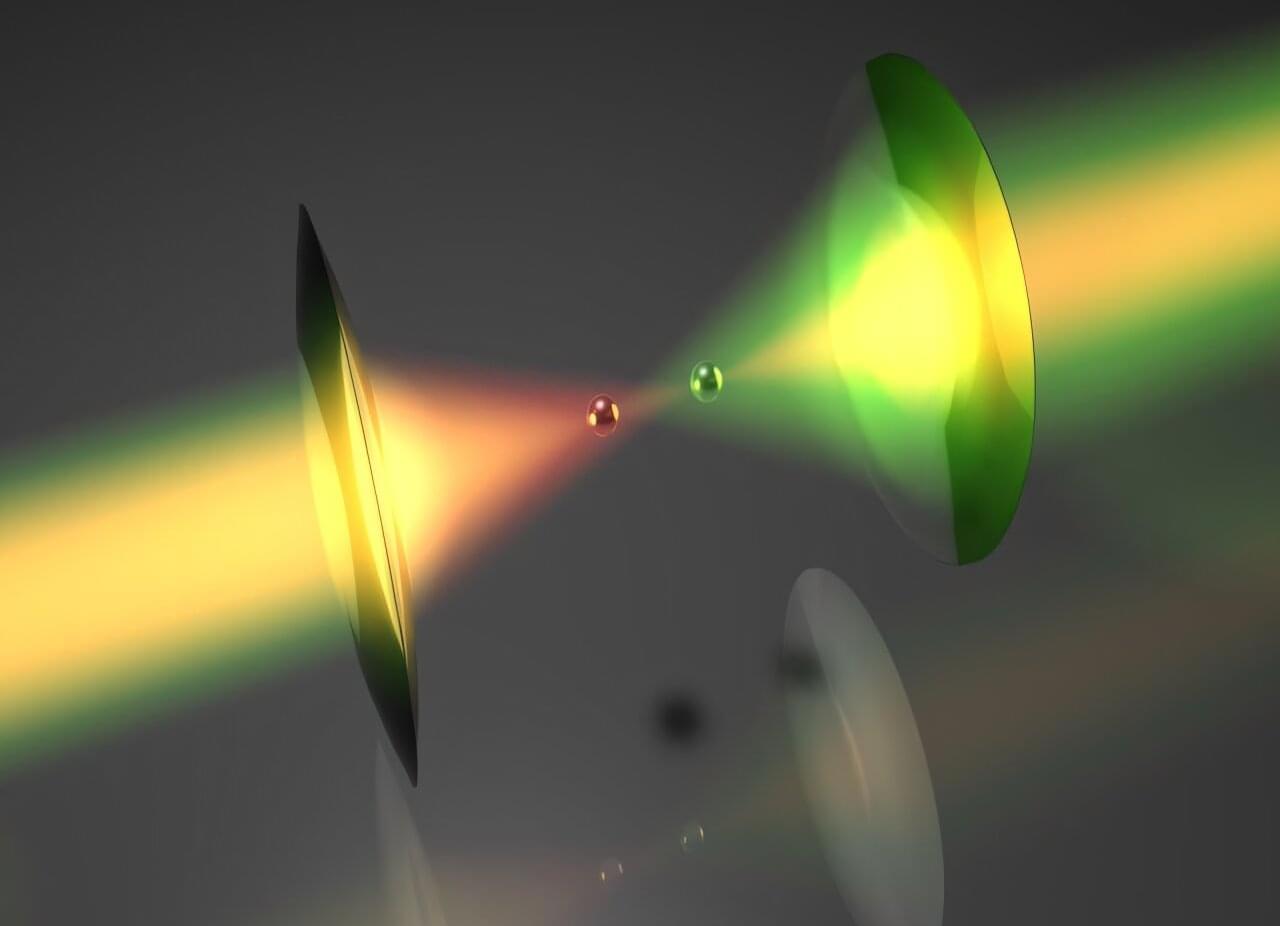
Optical levitation traps nanospheres, revealing quantum-classical crossover
An article published in the journal Optica describes the development of a new experimental device that explores the boundary between classical and quantum physics, allowing the simultaneous observation and investigation of phenomena from both worlds.
The instrument was developed in Florence and is the result of collaboration within the extended partnership of the National Quantum Science and Technology Institute (NQSTI), involving the Department of Physics and Astronomy at the University of Florence, the National Institute of Optics of the National Research Council (CNR-INO), as well as the European Laboratory for Nonlinear Spectroscopy (LENS) and the Florence branch of the National Institute for Nuclear Physics (INFN).
It is well known that the study of matter, as we progress to increasingly smaller scales, shows radically different behaviors from those observed at the macroscopic scale: this is where quantum physics comes into play, helping to understand the properties of matter in the world of the infinitely small. While these phenomena have been studied separately until now, the instrument developed by CNR-INO researchers allows for the experimental exploration of matter’s behavior from both perspectives.